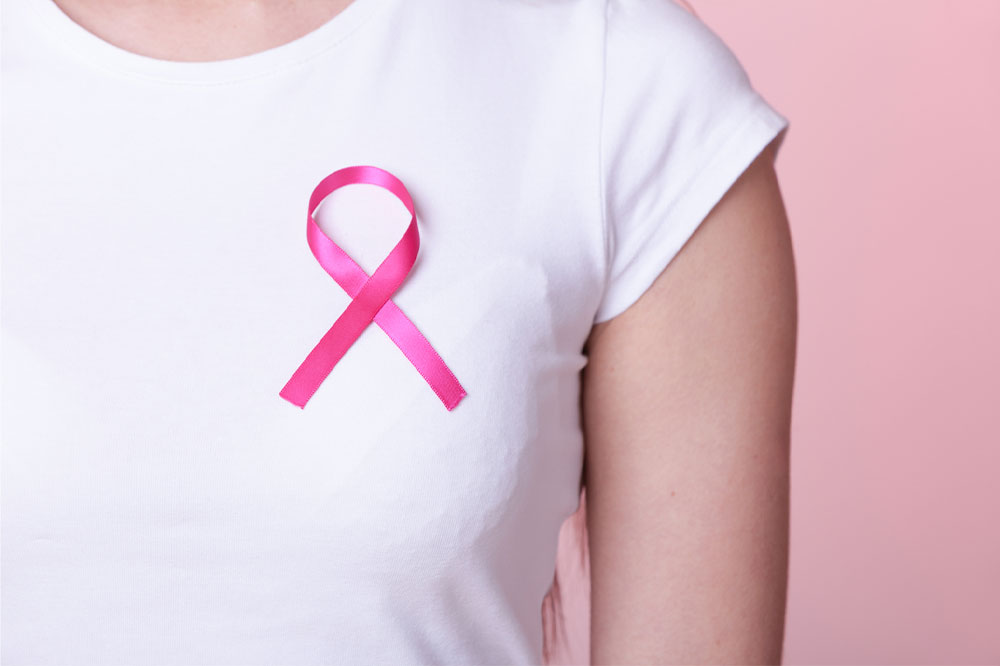
3 useful tips to help manage breast cancer
Like most cancers, the precise cause of breast cancer is unknown. Sadly, there is no definite cure for the disease at its advanced stage, nor can it be prevented. Yet, it is one of the most common cancers affecting over 260,000 women every year. Even though men also develop breast cancer, they make up only 1% of the total number of cases each year. Here are three useful tips for managing breast cancer:
Start treatment without any delay
There is no concrete biological answer for why an individual would develop breast cancer. Nor are there any definite symptoms to be cautious of beforehand and adopt the required preventive measures. A combination of genetic and environmental causes come into play to contribute to such a condition. The Centers for Disease Control and Prevention (CDC) recognize the following as the primary symptoms of breast cancer:
- Swelling in the breast or armpit
- A thickening or bulging of the breast
- Development of dimples in the breast or skin irritation
- Reddish or flaky skin around the nipple area
- Other discharges from the nipple apart from breast milk
However, it is crucial to note that all these symptoms do not necessarily imply the presence of a malignancy. Even cysts and infections fall under the category of diagnosis for such symptoms. Nevertheless, once breast cancer is diagnosed through screening methods like mammograms, X-rays of the breast, and biopsies, the health professional conducts further tests. The objective of such tests is to grasp the current condition of cancer, whether it is limited to the breast area or has dispersed to the lymph nodes or other parts of the body.
Depending on the nature of the breast cancer, a patient may undergo one or a combination of the following treatments:
- Chemotherapy
This treatment uses particular remedial agents to reduce or eliminate cancer cells. The agents may be administered orally or injected into the patient’s veins.
- Hormonal therapy
It prevents the cancer cells from having access to hormones that help them grow.
- Biological therapy
It contributes to the rejuvenation of the patient’s immune system to make their body strong enough to battle the cancer cells and other side effects of the cancer treatments.
- Radiation therapy
It uses high-energy rays (very much like X-rays) to destroy cancer cells.
- Surgery
The surgical method is used to eliminate the cancerous tissues by cutting them out of the affected area.
- CAR T Cell Therapy
CAR T Cell Therapy is a dedicated treatment that aims to build the body’s anti-germ T cells to strike and exterminate cancer cells, especially the B cells.
- Targeted therapy
This therapy is adopted to battle cancer cells to strike particular anomalies that add to the strength of the cancer cells. Once these anomalies are blocked, the cancer cells are no longer potent to affect the patient. Targeted therapy mainly comprises two groups: monoclonal antibodies and small molecule inhibitors. Afinitor comes under the latter category. An mTOR inhibitor, Afinitor fights hormone-receptor-positive breast cancers by inhibiting the cancer cells from receiving the energy that helps them survive.
Eat healthy, stay healthy
Only healthy meals can help the patient fight the side effects generated by breast cancer treatments. One must note that the immune system during therapy weakens to an extreme level, and only the right food can help the patient fight this battle. Accordingly, the patient must be provided with nutrient-rich but well-balanced meals. Plant-based meals are recommended to avoid inflammation and hot flashes, a regular occurrence with breast cancer. Thus, meal regimens of a breast cancer patient must include the following nutrient sources:
- Fruits, vegetables, and salads
- Whole grains
- Low-fat dairy
- Soy products
- Anti-inflammatory spices
While creating a meal plan, one must note that during the treatment period, specifically after radiation or chemo, the patient may frequently experience nausea. To control this condition, the patient must ensure that they do not remain on an empty stomach for long.
Improve lifestyle choices
Fighting a battle like breast cancer is hardly a cakewalk. Apart from bearing the pain of cancer treatments, the patients also have to deal with the side effects. On some days, the patient may feel as active as possible, while on other days, they may feel tired to the point of not being able to leave their bed. However, some lifestyle adjustments can help them deal with the body’s changes during the treatment. These adjustments include:
- Aromatherapy to sleep well
- Aerobic exercises to lift energy levels and combat fatigue
- Meditation and yoga to relieve stress
- An ice pack, warm compress, self-massage, or Epsom salt to ease breast pain
- A cold compress or Epsom salt to soothe vaginal pain and itching
- Try to be organized and remove distractions to combat memory and concentration issues that arise as a side effect of treatment
- Avoid tight clothing to curb hot flashes
It is no secret that living with breast cancer is a taxing experience, as the patient requires tremendous patience and perseverance to grasp and deal with the side effects. However, a healthy food regimen and improved lifestyle choices can make the journey far less difficult for the concerned patient.